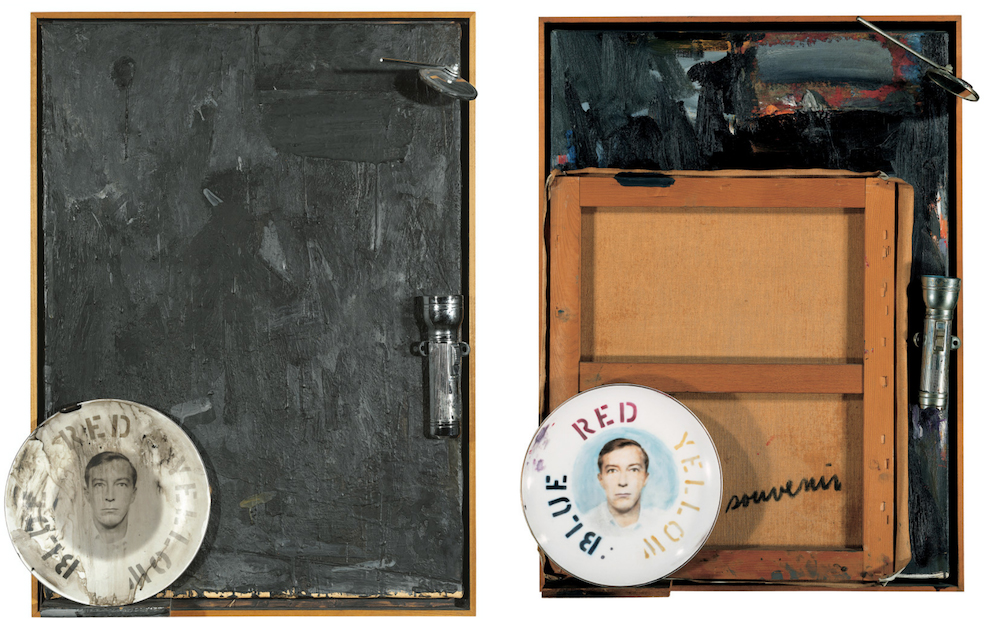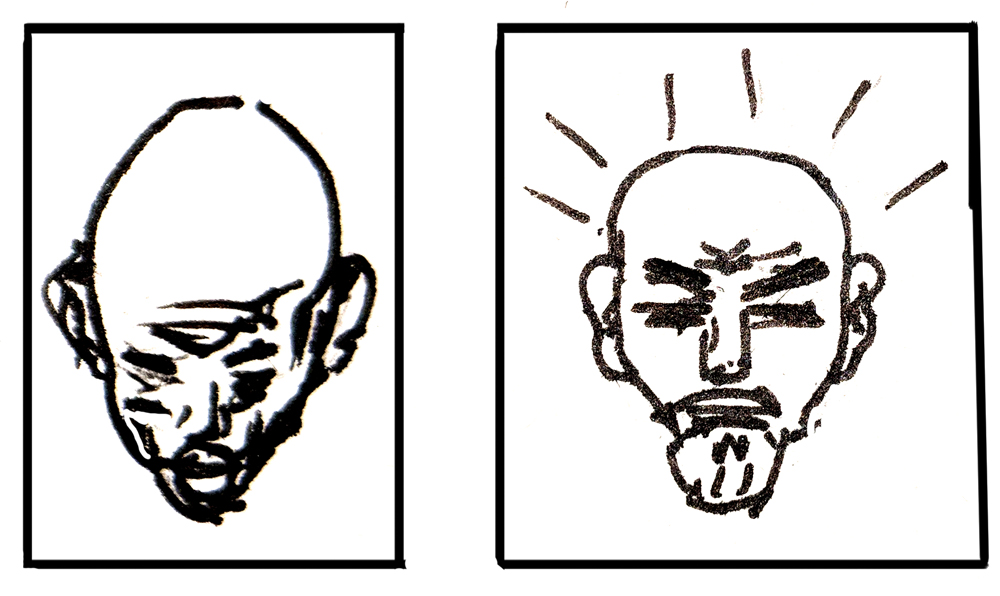Great SF book. Quick read.
[showbookcover isbn=”B01MYM808E” action=”amazon”]
Not just about doing nothing, but about how doing stuff other than your art can help with it. I, also, read his graphic story Jacob Bladders, which is interesting, esp. the art.
[showbookcover isbn=”B079Q98MLF” action=”amazon”]
A nice little book of essays on art and life. I especially liked In Arcadia Et Ego.
[showbookcover isbn=”0141984953″ action=”amazon”]

Samuel Morse invented the telegraph, which was patented on June 20, 1840. He held patents for several other electromagnetic improvements, and was a fine artist as well. His political views were a non starter for me. He advocated for slavery, and was anti-immigration, among other things, but he did have some shining accomplishments in spite of that.
Here’s his Wikipedia article.

Born today (or the 20th, or 21st depends on where you look) Lloyd Augustus Hall. African American scientist who amassed 59 patents in food preservation.
Not much online about him, but here’s the Wikipedia article.
It was, also hard to find a picture. The drawing is from the first of only 2 that I found. Both are real small, and look like they come from some kind of yearbook, or company thing.
Couple more links:
African American Scientists Page
Web Archive of Inventor. org page
Great book. I was a little slow getting into it, but it panned out well. You can read from the blurb below what it’s about, so if you’re into economics, interested in the why nots of Universal Basic Income, want to know how we can change our relationship to money and work, this is a good book for that.
[showbookcover isbn=”B077S8PJ5Y” action=”amazon”]
Paul Graham writes about doing what you love.
Some quotes from it, and how hard it actually can be, even if you don’t have to work at something else. (Which is a flaw with Universal Basic Income, which I’ll get into sometime.)
Another test you can use is: always produce. For example, if you have a day job you don’t take seriously because you plan to be a novelist, are you producing? Are you writing pages of fiction, however bad? As long as you’re producing, you’ll know you’re not merely using the hazy vision of the grand novel you plan to write one day as an opiate. The view of it will be obstructed by the all too palpably flawed one you’re actually writing.
….
Most people would say, I’d take that problem. Give me a million dollars and I’ll figure out what to do. But it’s harder than it looks. Constraints give your life shape. Remove them and most people have no idea what to do: look at what happens to those who win lotteries or inherit money. Much as everyone thinks they want financial security, the happiest people are not those who have it, but those who like what they do. So a plan that promises freedom at the expense of knowing what to do with it may not be as good as it seems.
Take an object. Do something to it. Do something else to it.
–Jasper Johns


So today is Saturday, and I had my Dexamethazone yesterday. I was awake at 3AM, up at 4, and have been wanting to bite people’s heads off all day. Hate it. Worst day in a while, I think the Revlimid might tone it down, but I’m off that for a week.

This article at Foundation for Economic Education has a great explanation. Not surprisingly it’s because they don’t have their creativity and individuality stultified by a government school that glorifies conformity and order, and discourages thinking for yourself.
From the article:
As the American entrepreneur and author, Jim Rohn, once said: “Formal education will make you a living; self-education will make you a fortune.” While all of us can benefit from his advice, unschoolers have a great head start.